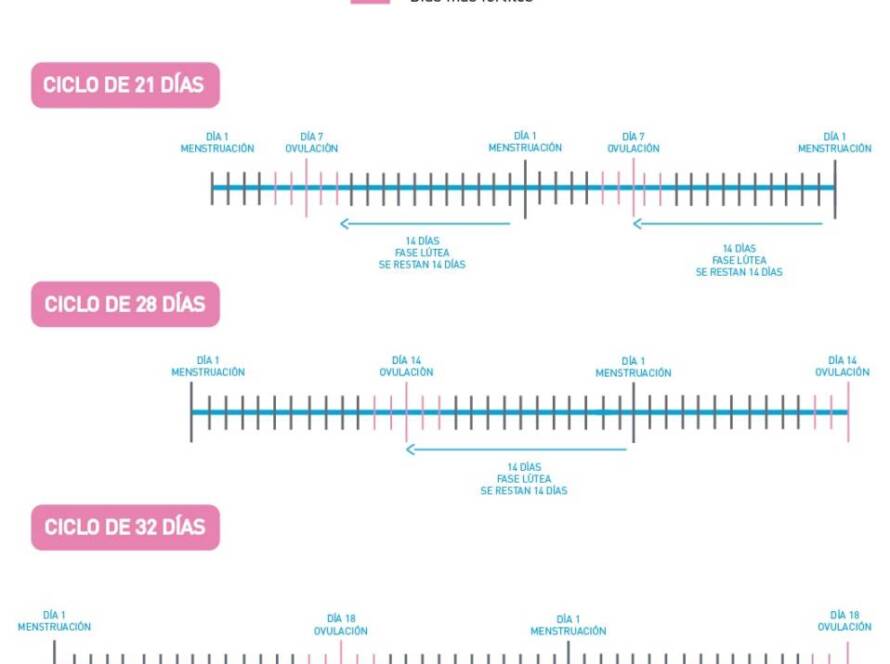The complication of not being able to have a baby is a disease that affects more people than we imagine. It is estimated that approximately 10% to 12% of couples in the world are affected with this condition. However, the percentage of people who consult is much lower due to the lack of knowledge of this disease. For this reason, we have decided to take up this blog from the grassroots.
What is it?
Infertility is any couple (where the woman is under 35 years of age), who has had sex for at least one year, without planning and has not achieved pregnancy.
Who suffers from it?
Unfortunately, this condition can be suffered by anyone. It has been estimated that approximately 30% of the causes are of female origin, another 30% male and 35% the cause is shared and in 5% to 10% it is not possible to determine the cause.
When should I consult?
In case the woman’s age is less than 35 years old and they have been trying for pregnancy for more than a year or in case the woman’s age is 35 years or older and they have been trying for pregnancy for 6 months without success, they should attend a consultation with a fertility specialist who will tell them what type of studies to perform.
What type of studies should I take?
In principle, an infertility study evaluates 4 important points to determine the cause.
- The fallopian tubes: The fallopian tubes are responsible for transporting sperm and the embryo back to the uterine cavity. For this reason, it is essential to confirm the permeability of these.
- Ovulation conditions: The possibility of getting pregnant depends on ovulation occurring. For this, blood tests are taken, usually in the first days of the period and approximately on day 21 to 22 of the menstrual period to determine the conditions and quality of ovulation.
- Uterine cavity: The uterine cavity is the site where the embryo will implant, so it must be ensured that this cavity is in adequate condition. This can be determined by ultrasound examinations, radiological examinations or surgical procedures, depending on the specific case of each person.
- Semen conditions: Semen has sperm, a fundamental piece in fertilization. Among the characteristics that are determined are the number, live sperm, motility and morphology. To determine these conditions, it is necessary to perform a spermogram
These studies give us a very good basis to make a correct diagnosis and determine what is making it difficult to achieve pregnancy. This is the first step to overcome those obstacles that do not allow us to achieve pregnancy.
IVÁN DARÍO MONTES SUÁREZ.
Gynecologist and Obstetrician.
Specialist in human reproduction and reproductive techniques.
inSer Group.

